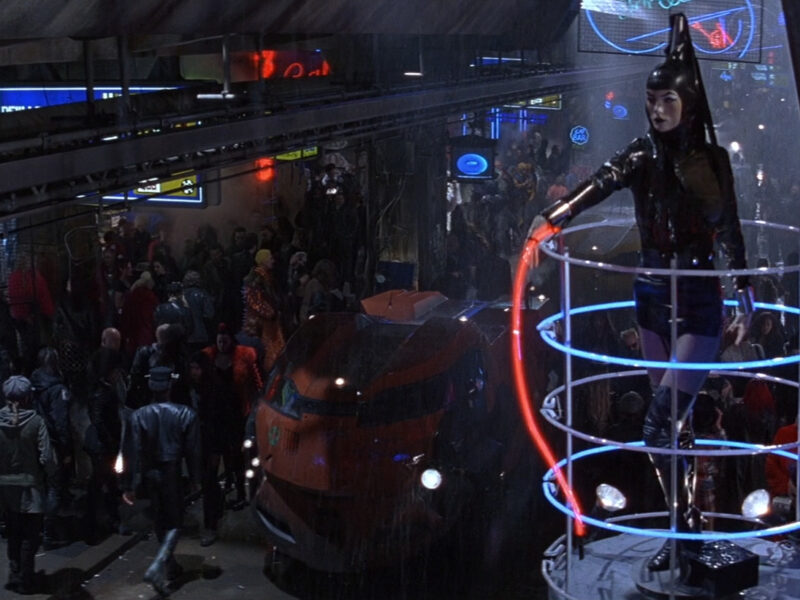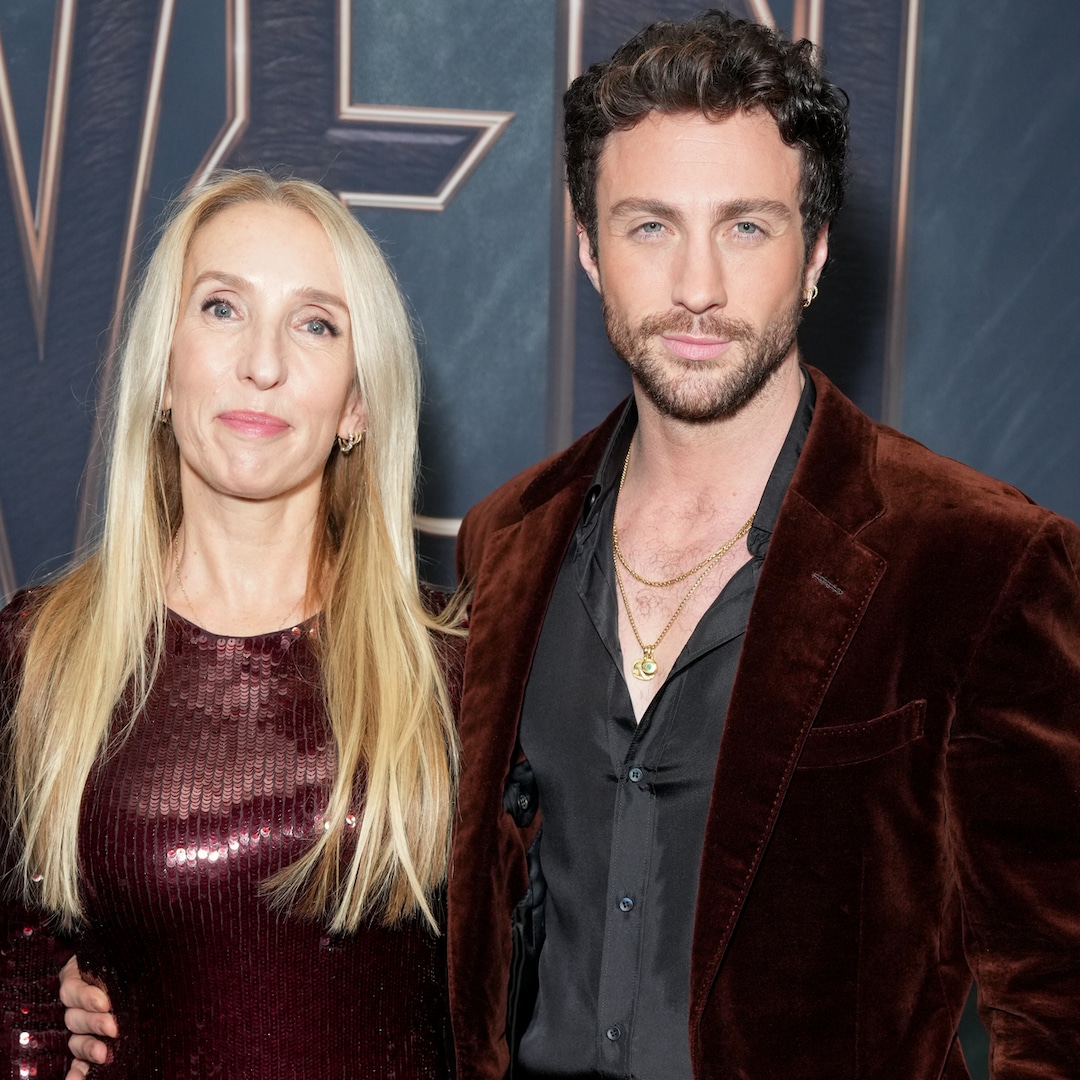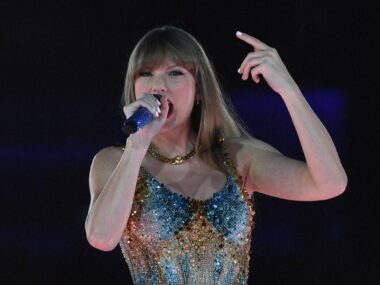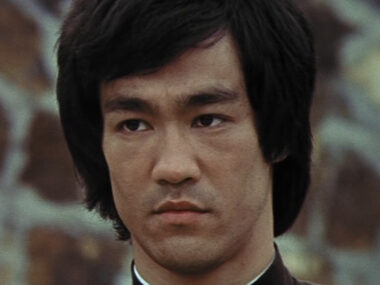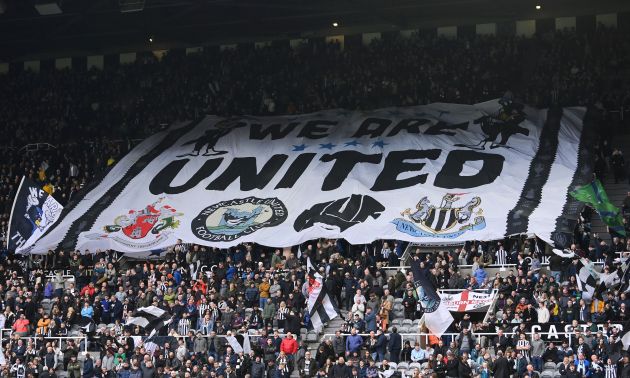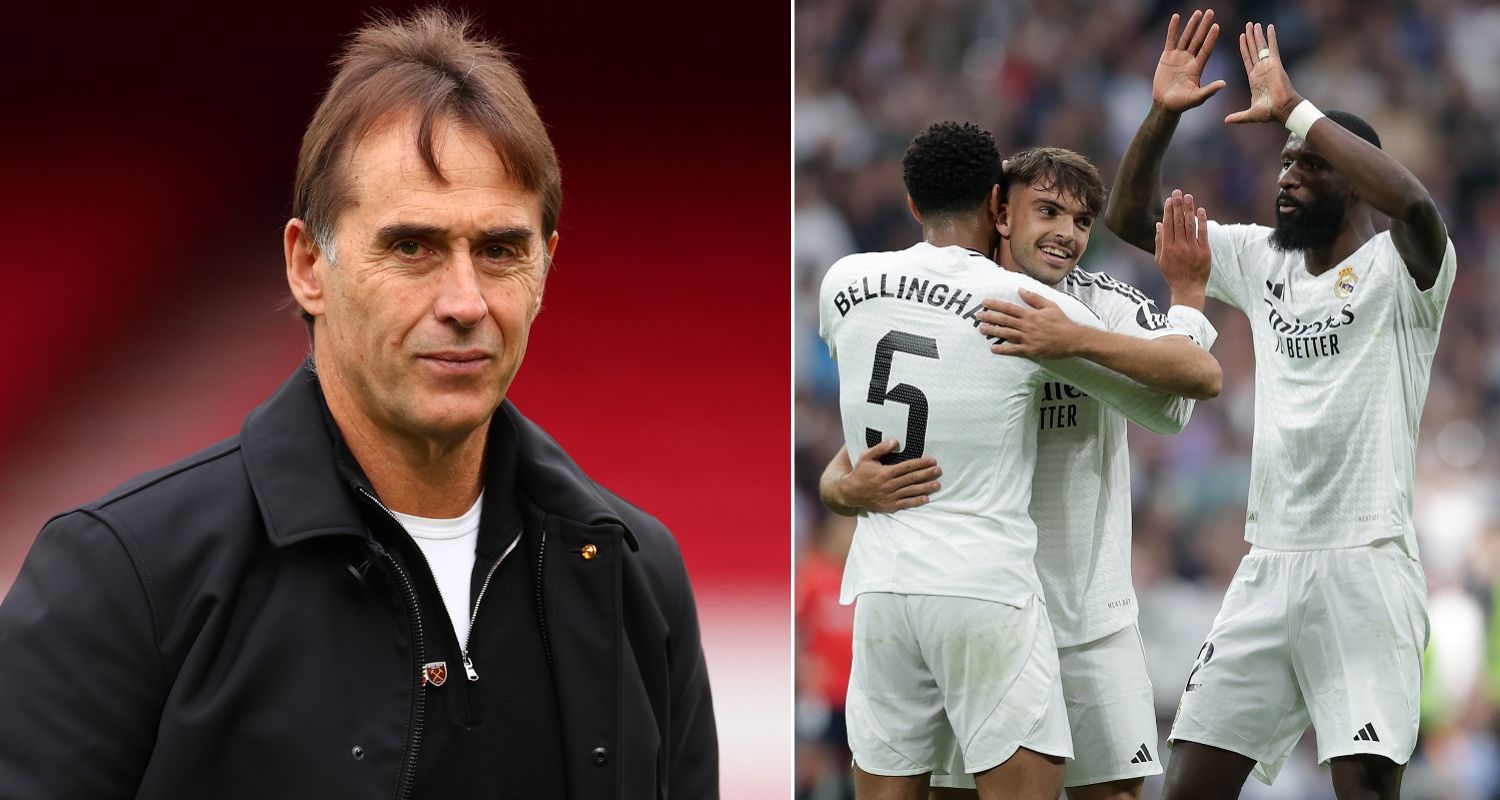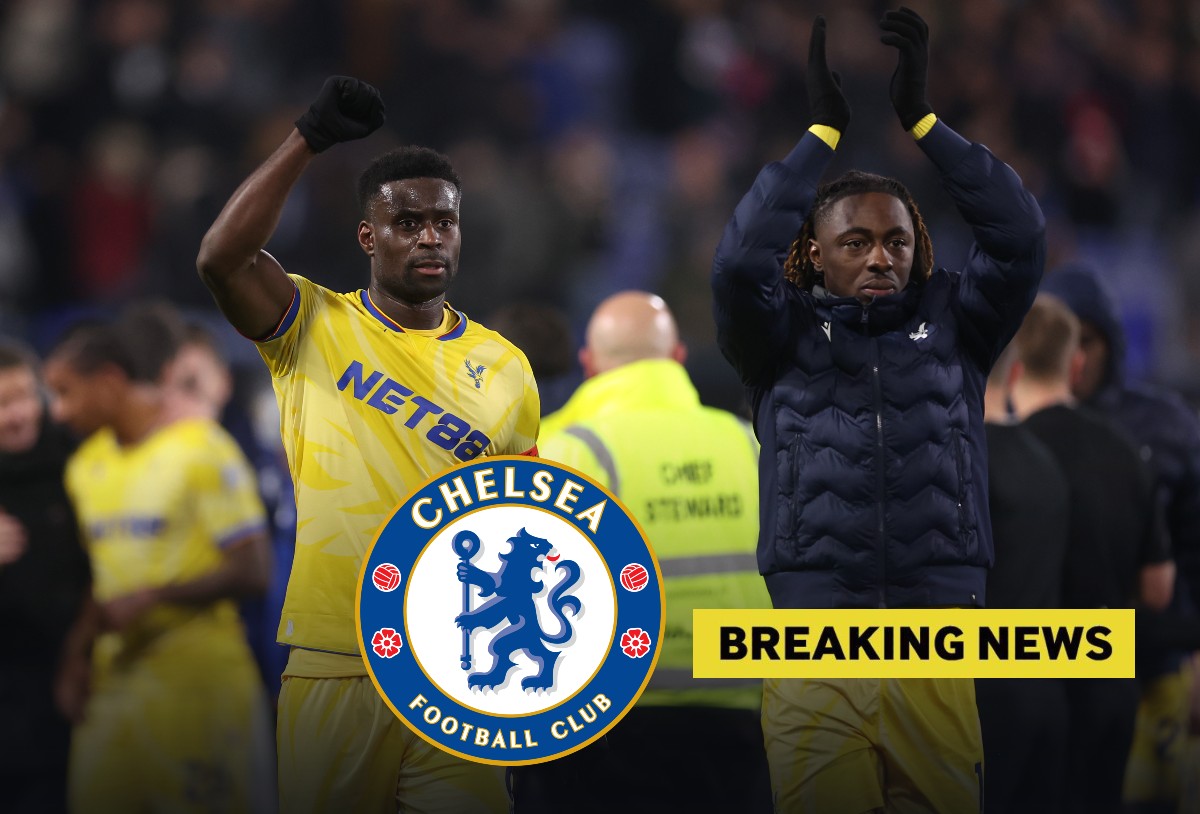The author Drew Dietz
| Published
Judge Dredd is a film that almost no one wants to defend. A box office flop and a critical disaster, the mega-budget sci-fi action flick has remained a mere footnote in the memories of most film fans.
Twenty-five years later, Judge Dredd deserves re-evaluation for many reasons. And as the world becomes aware of the brutality and unchecked force wielded by police in this time of global protests, it seems fitting to look back at a film that addressed some of these issues.
Judge Dredd was right
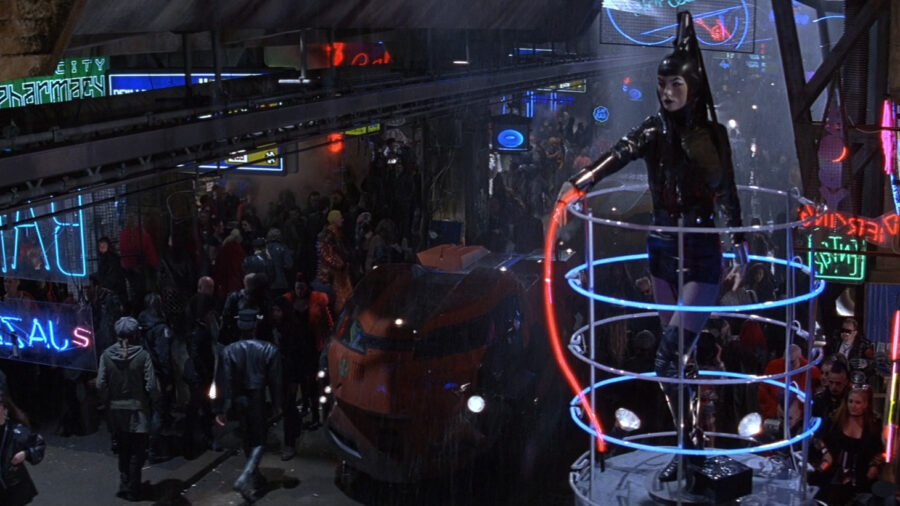
Before getting into the inevitable politics Judge Dreddwe should pay some surface elements of the 1995 film. As a pure piece of production, this is a film that needs to be supported.
Production designer Nigel Phelps, whose work spans the years 1989 Batman to Pokemon Detective Pikachudraws incredible inspiration from both 2000 AD raw material and science fiction world-building epics, for example Blade Runner. With a reported budget of $90 million, Judge Dredd is a film that knows it needs to nail its futuristic look in every arena. And it happens.
Judge Dredd is part of an era where genre blockbusters became the most expensive they've ever been. Several new technologies and classic film artistry have never been more accessible to filmmakers. Before studios believed that most effects work could only be handled in CG, the mid-to-late 1990s was a period when digital effects and practical work were combined extremely effectively. This movie is one of the best examples. It is a beautifully tangible production that should be celebrated as such.
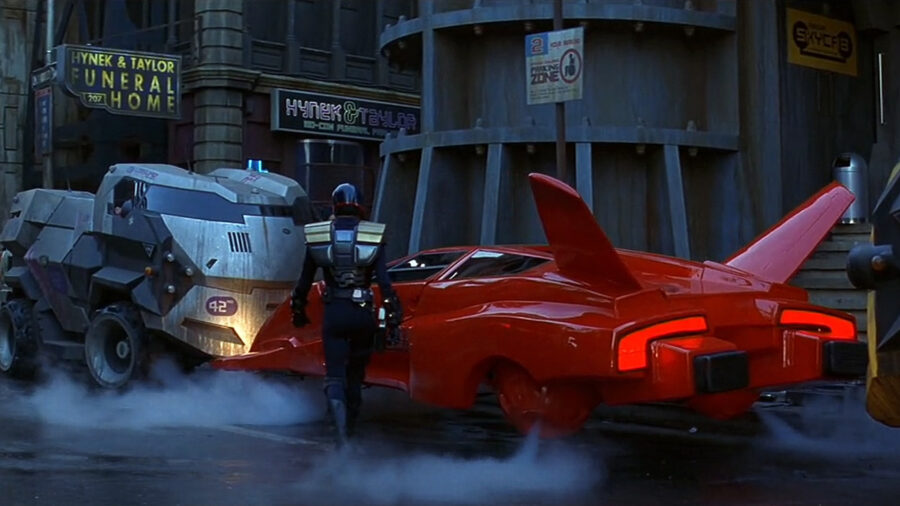
There are even more technical elements Judge Dredd who needs to spend time in the sun. Score by legendary composer Alan Silvestri (Back to the future, Predator, Avengers: Endgame) goes all out with that Basil Poledouris pomp you hear in movies like RoboCop and Starship Troopers. Director Danny Cannon and his cinematographer Adrian Biddle shoot the film with colorful fun, enjoying the vast world in which they play. The costumes are wonderful, especially Gianni Versace's take on the iconic judge's outfit. It's a film that revels in all its comedic flair. It's not for the down-to-earth or gritty. This is a comic book movie and a well crafted one at that. The fact that the movie opens with a colorful montage of comic book images should tell you what it's about.
Here's where things will get controversial for a number of reasons. One of these reasons is related to 2012 movie, Dreadlocks. The film was widely praised by critics and fans, but after both were revisited In the Judge Dredd movies, the 2012 version failed miserably, as did the 1995 version (mostly): it's a true satire of fascist militarized policing.
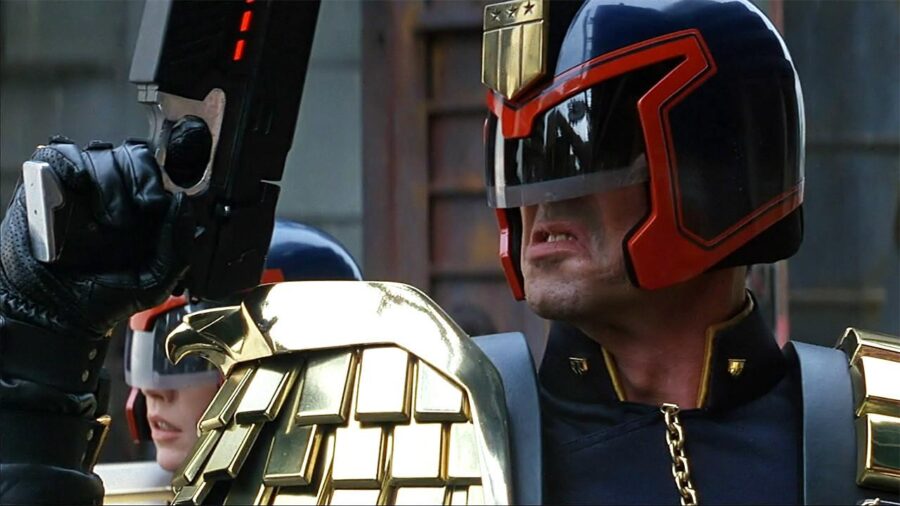
In Judge DreddDredd is eventually framed for the murder of journalist Vartis Hammond, who plans to expose the Justice Department as corrupt. Hammond is beginning to believe that the Justice Department is helping to fuel violent crime in order to implement policies that give it even more power. This is a film that clearly wants to explore the idea of systemic problems when it comes to policing. The idea of making Dredd, a character who sees the law as a religion, a victim of this corrupt system is fantastic drama and commentary. That seems like the best possible story to tell if you want to be true to the source material's critical commentary on policing.
And while this element is present in contrast to the 2012 version, it is ultimately given short shrift. Because while Judge Dredd works as a bright popcorn sci-fi action, it fails in a few key ways.
What went wrong with this big budget comic book adaptation?
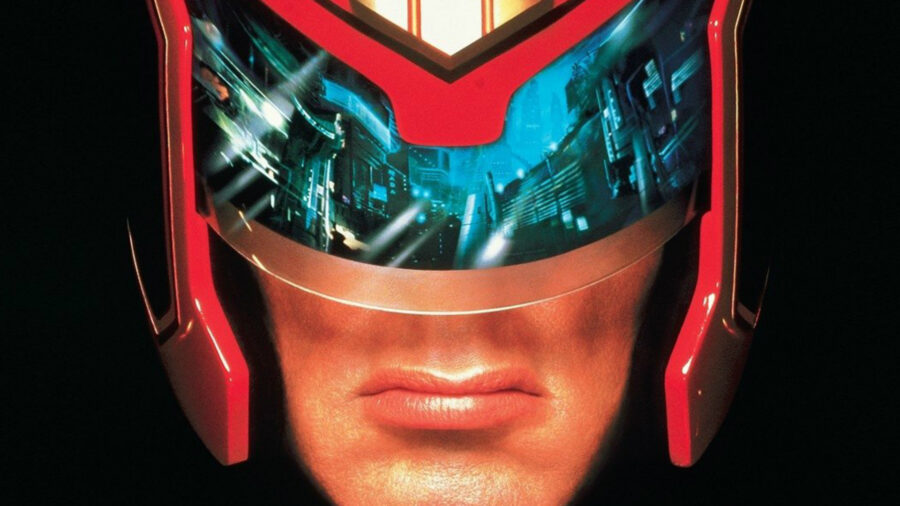
There are several things that clearly do not work Judge Dredd. I say this as someone who still enjoys the film a lot. As an adaptation, many fans find it downright blasphemous that Dredd ever takes off his helmet (which he never does in the comics). They don't like the overall 'mainstreamification' of the tone to make it something that could appeal to a wider audience. That's not the problem I have with the movie.
Yes, it is worth talking about Judge Dredd as a star vehicle Sylvester Stallone. Like many movies that are tailored to the personality and perception of a certain celebrity, this one's material is often manipulated into something less unique. Stallone needs to have a one-liner, a comedic sidekick in the form of Rob Schneider, and be portrayed as a square-jawed hero who saves the day. Stallone isn't bad in the film, but he's asked to fit a square peg into the round hole of satire the film wants to achieve.
On the opposite end, you have Armand Asante as the villainous Rico. Asante, while equally nuanced, gets big and bold here. He plays this role like it's a guest spot from the 60s Batman television show. It's entertaining in a camp way, but it detracts from some of the dramatic weight his villain is supposed to carry. In fact, most of the great actors – Diana Lane, Jurgen Prochnov, Max von Sydow! – do a really great job with what they're given, but ultimately fail at what they're given.
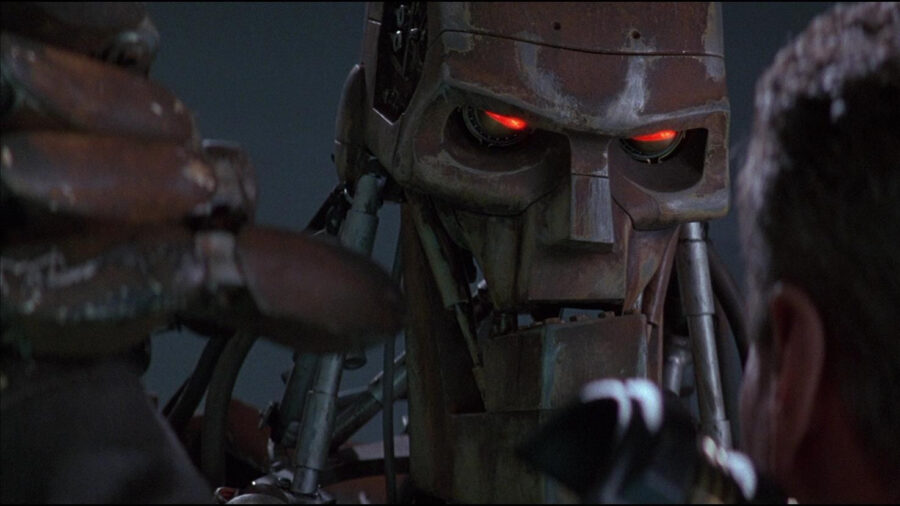
And while many will decry the cheesiness Judge Dredd how negative is that the movie doesn't deserve your scorn. In fact, the cheesiness has helped keep this film as entertainment worth seeing. The real big criticism concerns how the film ends.
After the revelation that Dredd and Rico are clones of Chief Justice Fargo (Max von Saidow) and that Rico wants to take over the Justice Department and replace all the judges with clones who will do his psychotic bidding, Dredd is able to kill Rico and stop his plan. It is now being fully revealed that the Justice Department is built on lies and the entire Supreme Court Chief Justice Council has been murdered. The system is exposed and quite burnt. The judges look to Judge Dredd to see what he will do. They want him to become the new head of the council.
His response? “I'm just a street judge.” Although he recommends that his partner, Judge Hershey (Diane Lane), take the position, Judge Dredd just wants to get back to business as usual. This is where the film fails in trying to deliver a strong enough message about police reform. It makes the idea of change clear, but doesn't commit to making a big enough statement.
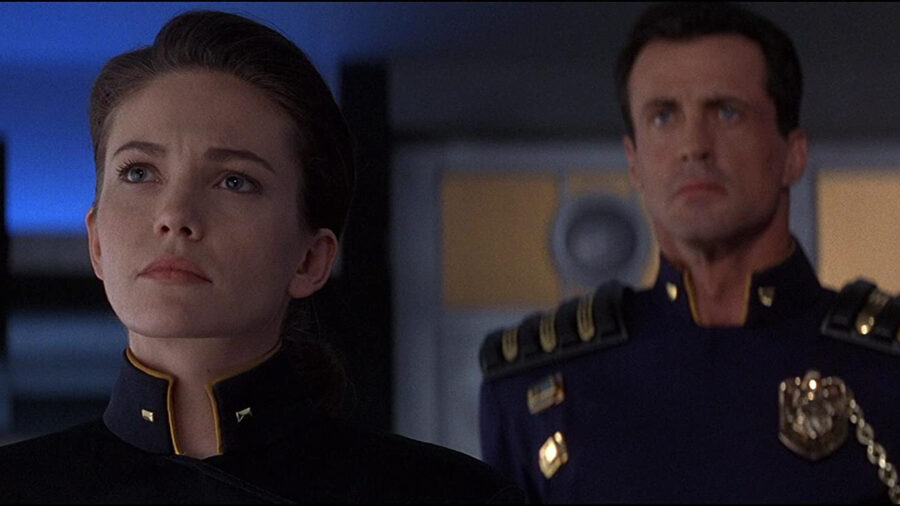
Here is the place Judge Dredd's decision to pander to a mainstream sensibility undercuts all the subversiveness it could do. While that means it actually works on many broad levels, it never fails to highlight the elements that make it stand out.
Twenty-five years later, Judge Dredd acts as a monument to big-budget genre filmmaking. As a cleanly produced piece, it has to be claimed as one of the best achievements of the 90s. Everything about the texture of the film is an unmitigated success. And even its cheesiness has helped cement the film as a piece of polished nonsense. If the film's satire worked, it might have aged even better.
Source link

